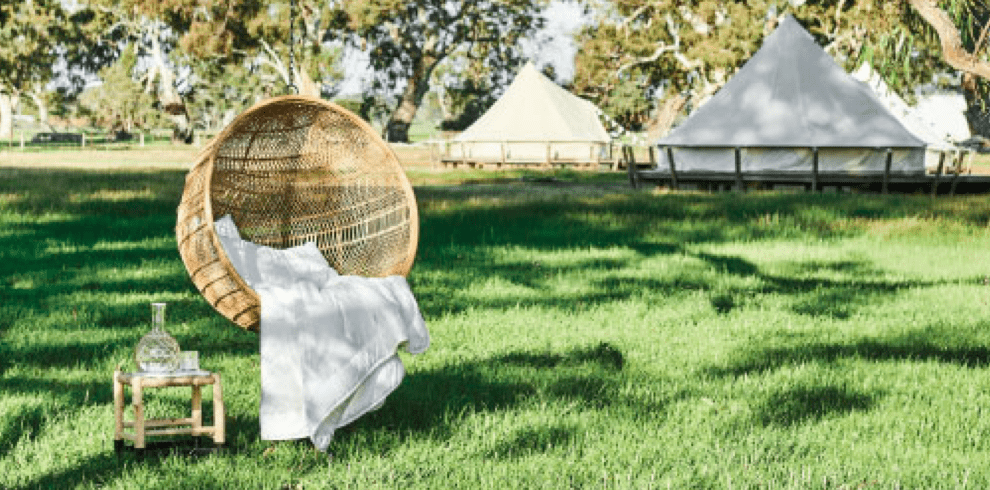Making major lifestyle changes your New Year's resolutions can seem like a great idea - that's if you can manage to stick to the resolution! Surveys suggest that most resolutions have been well and truly broken by February, with many not even getting through the first two weeks of January.
It may therefore be better to think small, as small goals are easier to achieve. And if a healthy change turns into a habit, it could last a lifetime. Here are some easy resolutions that could keep you fighting fit for years to come...
Open car windows
Reduce your risk of catching a cold or flu by opening a window when you are in a room or car with people who you suspect might be ill.
Research at Queensland University of Technology has found that spending 90 minutes in a modern car (which tend to be well sealed) with someone who has flu gives you a 99.9 per cent chance of catching the virus. But your risk falls to 20 per cent if you open the windows.
Eat a tub of yogurt every day
Studies suggest that dairy products could help protect against diabetes. A Cambridge University study last year showed that one small (125g) tub of low-fat probiotic yogurt five times a week was enough to cut diabetes risk by 28 per cent. The researchers believe beneficial bacteria and a special form of vitamin K in fermented dairy products may help to explain the results.
Count to seven while breathing in
Mindfulness - a simple form of meditation that requires you to clear your head of clutter - has been shown to offer protection against stress and depression.
Brain scans show it can reduce levels of the stress hormone cortisol.
Harvard neuroscientist Dr Sara Lazar has also found that mindfulness can boost the grey matter in the brain - specifically the areas involved in memory, learning and emotional regulation.
Few of us have time to take a course in mindfulness or practise it for the recommended 15 to 30 minutes daily. The 7-11 version takes less than 20 seconds a day: breathe in for the count of seven and out for the count of 11.
Go to bed 15 minutes earlier
Over a month, the extra minutes could add up to seven-and-a-half hours more sleep - a whole extra night - which gives more time for your body to repair and restore itself, says sleep expert Dr Neil Stanley
'We spend a fortune on trying to feel better, but just 15 minutes more sleep a night could have a noticeable impact on your performance, mood and behaviour,' he says.
Give up 2km car journeys
Get a local map and draw a 2km circle around your home, then put in place a family 2km rule: If any destination is less than a 2km away - walk it.
A 2km walk burns 90 calories each way, and regular walking has been shown to prevent dementia, depression and heart problems.
Scientists at the Lawrence Berkeley National Laboratory in California found that brisk walking reduces the risk of heart disease more effectively than running. Though walking isn't as intense as running, the study authors say both target the same muscle groups, and walkers are usually able to keep going for longer.
Lose 5 per cent of your weight
Instead of worrying about the never-ending battle of the bulge, just calculate 5 per cent of your body weight, then aim to shift it and keep it off.
Studies have shown this is enough to reduce most women's risk of breast cancer by as much as 22 per cent. The theory is that body fat increases levels of the hormone oestrogen, which fuels cancer.
'Women who have high levels of these hormones have at least twice the risk of getting breast cancer compared with women who have very low levels,' says Dr Anne McTiernan, director of the Prevention Centre at Fred Hutchinson Cancer Research Centre in the U.S.



